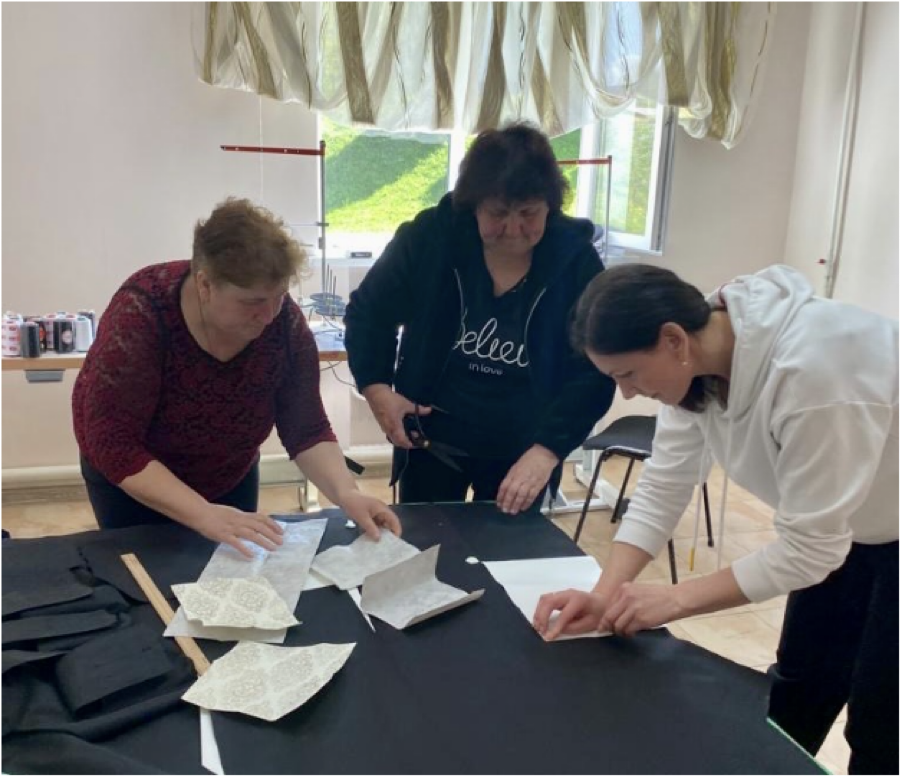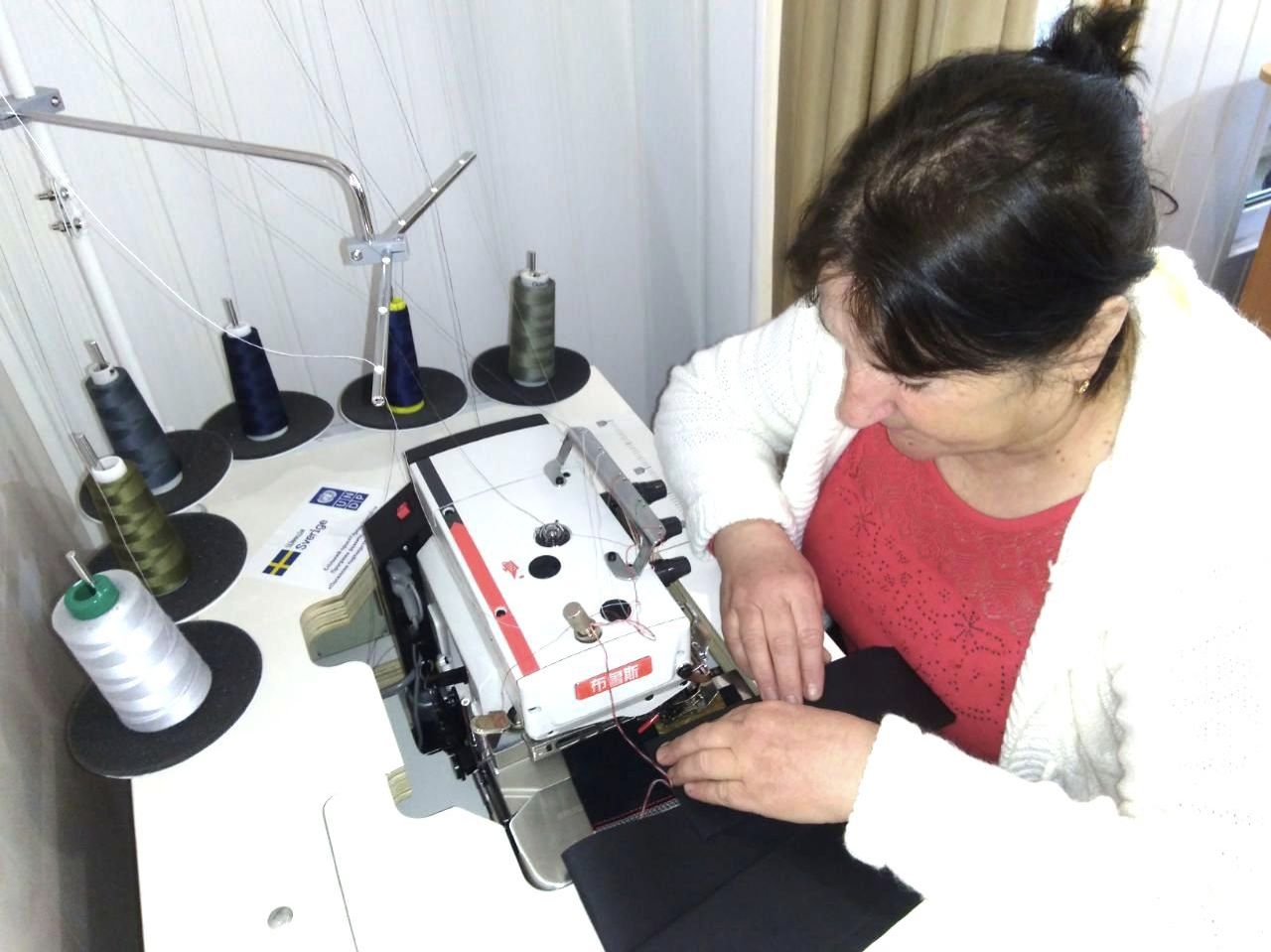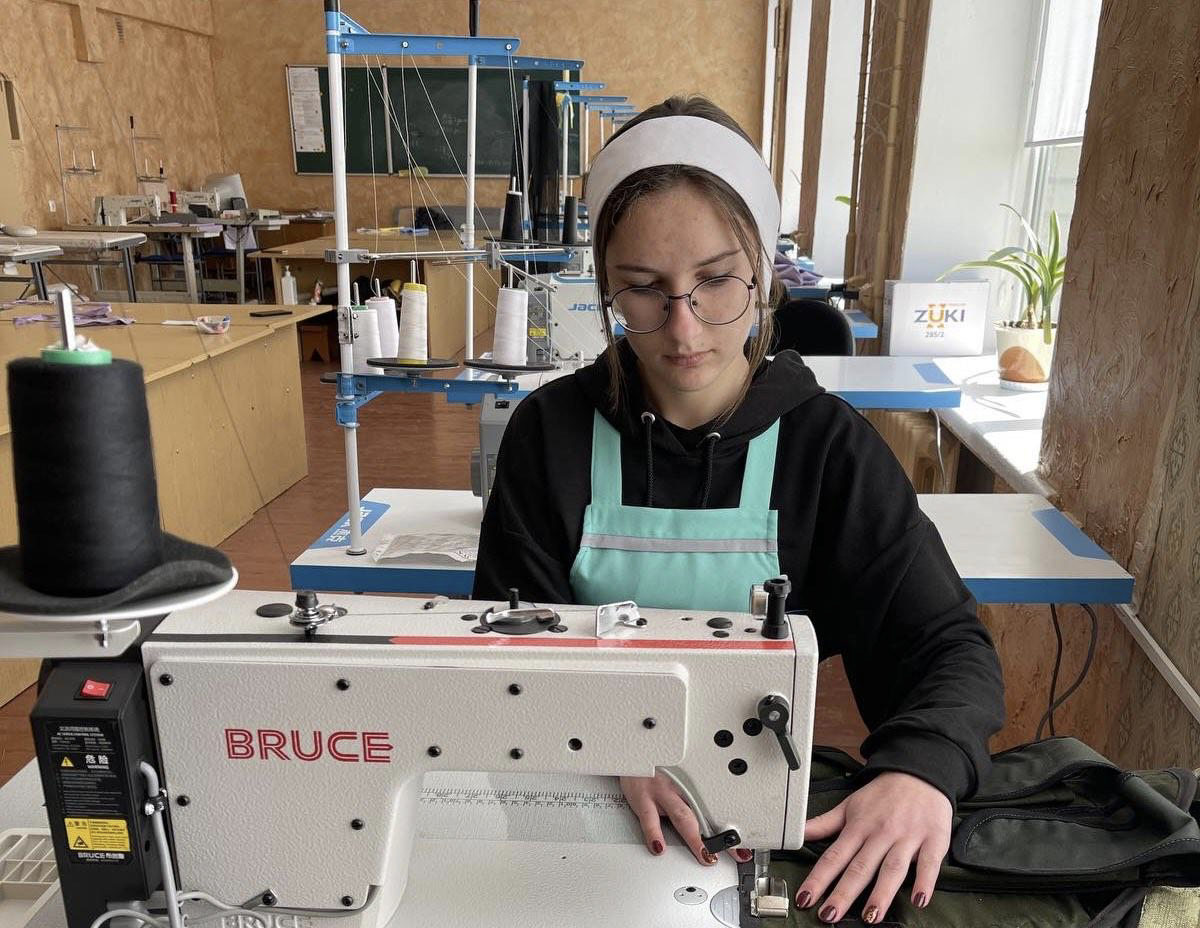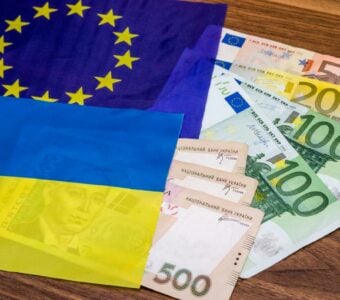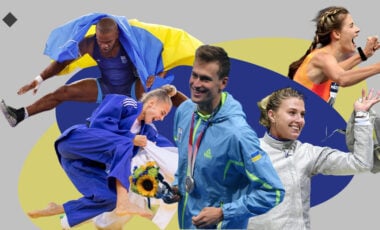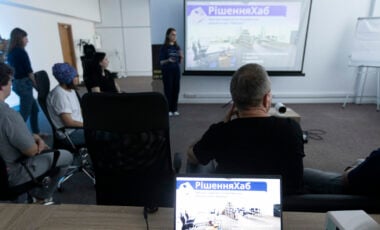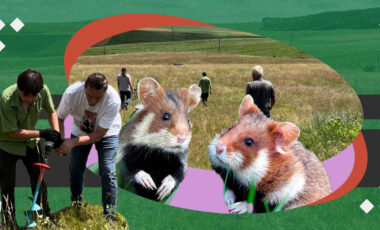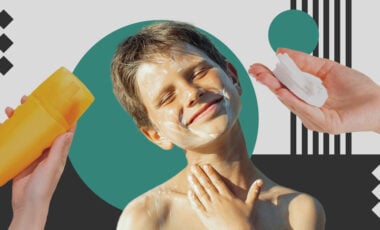Assistance to displaced people and community development: how war spurred the work of garment enterprises in Rivne region
What is sustainability? It is the ability to respond to challenges and shocks and quickly refocus to solve a problem and continue to develop. Today, during the full-scale war against Ukraine, which is destroying homes and human destinies, this ability has become even more significant. In the Rivne region, communities have found a solution that provides the necessary clothing and jobs for those who were forced to leave their homes due to the war. We are telling how it helps people and communities.
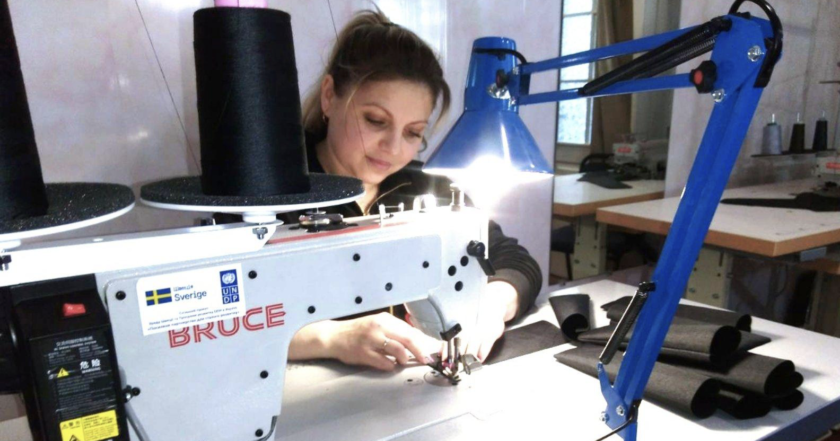
What is the problem?
The war forced millions of Ukrainians to flee their homes and move to safer places. According to a study by the International Organization for Migration (IOM), from April 17 to May 3, 2022, the number of internally displaced persons (IDPs) in Ukraine exceeded 8 million. The survey also stated that, due to the scale of the humanitarian crisis in the country, 44% of displaced people were considering further migration. These people need financial and humanitarian support. The host communities need to create new opportunities for new residents' social and economic integration.
However, the level of socio-economic development in rural communities before the war was almost twice as low as in large cities. Now that roads, bridges, hospitals, and schools have been destroyed, half of the businesses have closed completely, and the other is struggling to survive with people out of work and livelihoods, problems have escalated.
Rivne region is one of the Western regions that has become both a transit and a host country for IDPs. Officially, about 50,000 people took refuge here for a long time, three times more – stayed here for 3-5 days to recover from the first shock, come to their senses, navigate further plans and move further to the West, to the Ukrainian border areas or Europe.
There is a lack of places for IDPs in the region. The communities urgently adjusted schools, dormitories, medical facilities, and churches and opened humanitarian centers to accommodate people. Locals also provided shelter to refugees in their own homes. Since the beginning of the war, most communities located near the regional center, such as Horodok, Babyn, Goshchansk, Privilne, and Rivne itself, have taken on the heavy burden of receiving IDPs, providing them with temporary or permanent housing, basic necessities, and clothing. And also – to help socialize and find a job. And at the same time, take care of their sustainability, and plan socio-economic development.
What is the solution?
Seven communities in the Rivne region – Privilnenska, Babynska, Goshchanska, Gorodotska, Pidloztsivska, Bereznivska, and Rivnenska communities set up sewing mini-workshops in response to the humanitarian crisis caused by the war. On the one hand, to provide temporarily displaced persons with services for sewing and repairing clothes and household items in the community, and on the other — to combat unemployment. This idea was supported by local governments, volunteer communities, and NGOs, as well as the project "Empowered Partnership for Sustainable Development" implemented with the support of the Government of Sweden through the Swedish International Development Cooperation Agency (Sida) and the United Nations Development Program (UNDP) in Ukraine.
How does it work?
In addition to the availability of professional craftsmen, the local authorities were ready to provide premises for sewing workshops. With the assistance of Sida and UNDP, ten sets of industrial sewing equipment were purchased and handed over, including sewing machines, overlocks, and ironing tables. From the first days of the workshop, the process of clothes, bedding, blankets, pillows, towels, and other textiles manufacturing for the needs of humanitarian centers and refugee shelters, was launched.
At the request of humanitarian centers and shelters, products for IDPs in sewing workshops are sewn free of charge. Moreover, their services can be used by internally displaced persons living in a community. For all others, services are provided at a reasonable price.
For example, in the first days of the war, the Bereznivsky Higher Vocational School repurposed its dormitory as a refugee shelter. The institution became a temporary home for 445 people from the Chernihiv, Sumy, Kyiv, Luhansk, Donetsk, Kharkiv, Mykolaiv, and Kherson regions. Today, 78 people live here, and the services of a sewing workshop can be used free of charge by anyone who needs it.
Meanwhile, the Rivne Volunteer Center initiated a fundraiser among local entrepreneurs to purchase fabric for sewing underwear for the needs of people from the occupied territories. The plan is to transfer textiles to the east and south of the country.
Regarding employment, people of the relevant profession (dress cutter) are invited to work in such garment utilities in the communities. Preference is given to internally displaced persons if people want to stay in the community for longer. For example, a tailor from Irpin, who moved to Goshcha back in March, and decided to stay here, is taking up permanent work at the Goschansky sewing workshop. She plans to work at a local utility company, where the woman will work on new equipment.
Seven sewing workshops have by far involved 43 people (workers and local volunteers who help in shifts), 8 of whom are internally displaced. And more than 42,000 residents of target and neighboring communities could use quality sewing services without covering long distances.
Does it really work?
This initiative in the Rivne region communities aims to solve some socio-economic issues. First, it empowers communities to respond quickly and effectively to the challenges posed by war. Secondly, it meets the immediate needs of vulnerable groups who have suffered the most from the war and have taken refuge in local communities.
It also helps to create new jobs within the community and thus provides additional opportunities for the economic development of communities and building business relationships with other enterprises in the garment industry. By the way, sewing workshops in Privilny and Maly Sady are already sewing products ordered by Rivne textile enterprises, which lack employers and equipment.
In addition, in this way, new services, such as tailoring and clothing repair, can be developed in communities, and additional educational and career guidance initiatives can be implemented. For example, tailoring and sewing courses for schoolchildren are in the Horodok community's plans.
Sewing workshops have become centers of social mobilization and volunteering, thus helping unite communities. For example, in the Privilne community, in addition to employees, volunteers actively participated in the incentive implementation in the three workshops. However, the most important result here is the expansion of the services of the local utility company and bringing them closer to the rural population.
"Sewing has always been an important element of people's lives, and the need for it is especially acute today, during the war and the displacement of large numbers of people. Together, we have made it possible for people at the place of their residence, which are distant settlements, such as Maly Sady and Velyki Sady, to receive repair, tailoring, and household goods services without leaving their locality, and at a reasonable price," says Svitlana Royik, a project manager of Privilne village council.
According to her, the community residents gladly accepted the news about the sewing workshops launch and are already seeking services.
More useful solutions!
However, with the utility company's expansion of the network of rural sewing workshops to three institutions, the community won't stop there. It plans not only to provide services to the population but also to make garments for companies and increase revenues for the community. They say they have all the resources for this: human resources, powerful professional equipment, and, most importantly, the desire to work and develop. With the opening of a sewing workshop in the Molodava village council, the Privilne community will soon have them in each of its local head offices.
It is an example of how the crisis brings new ways and opportunities for sustainable development with local authorities, the community, volunteer organizations, international partners, etc., uniting forces to achieve better results.


